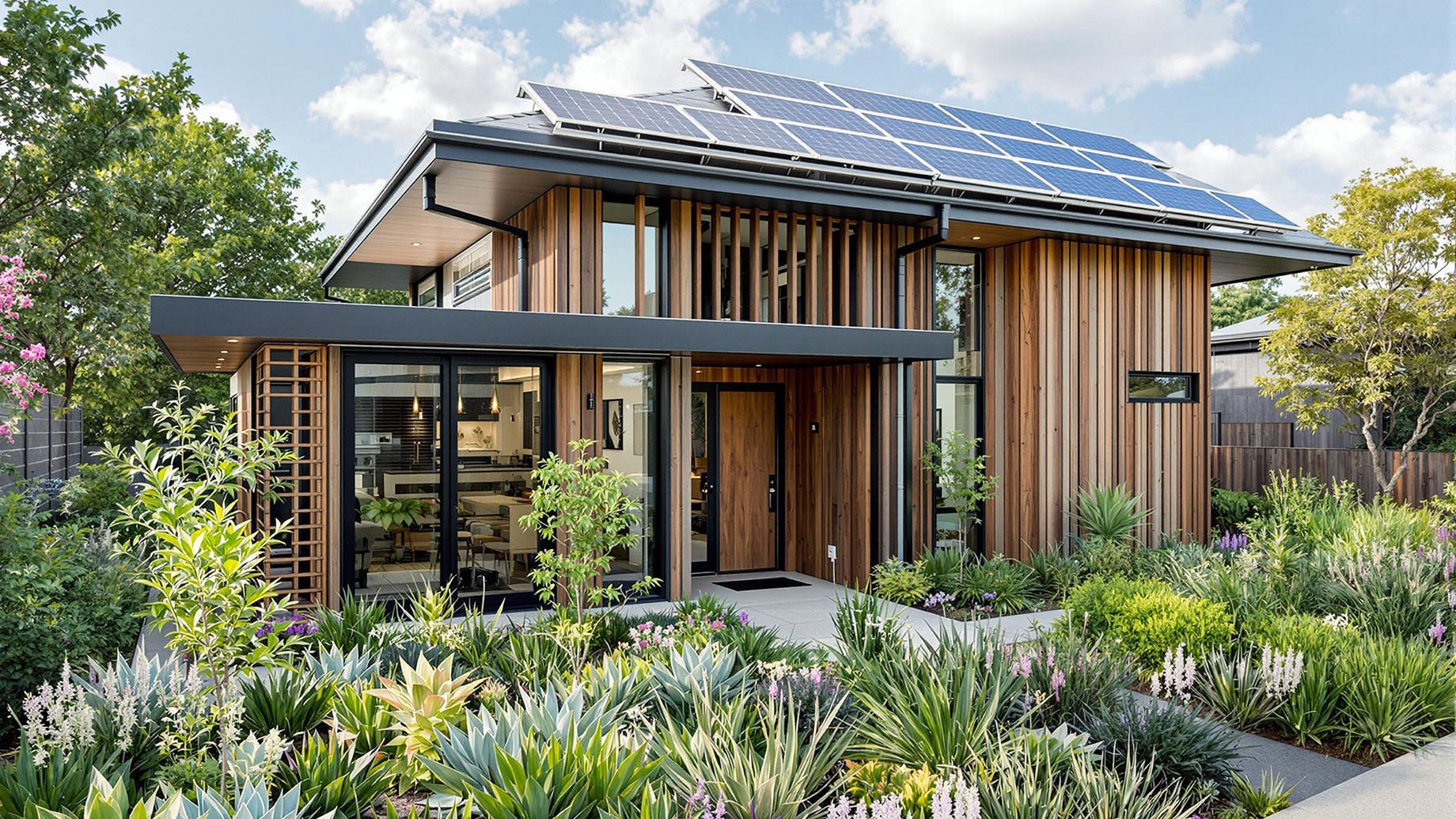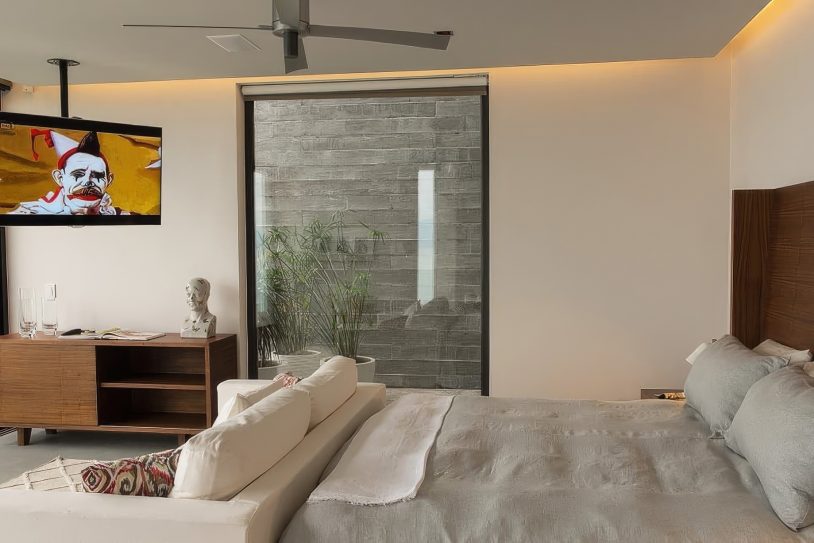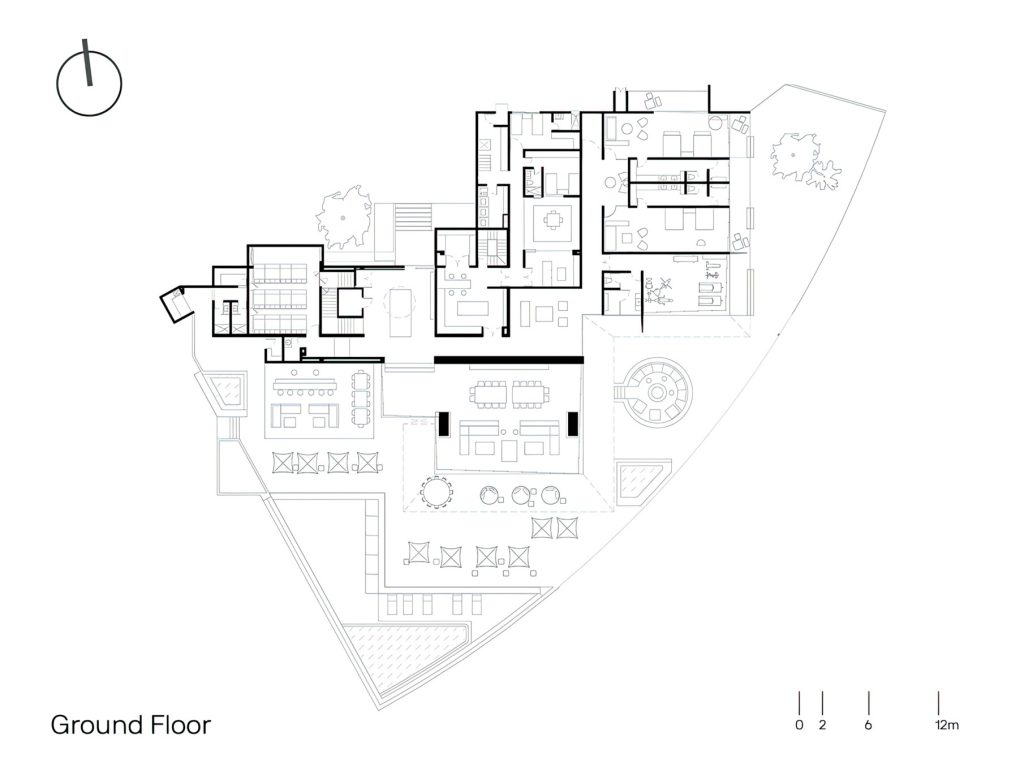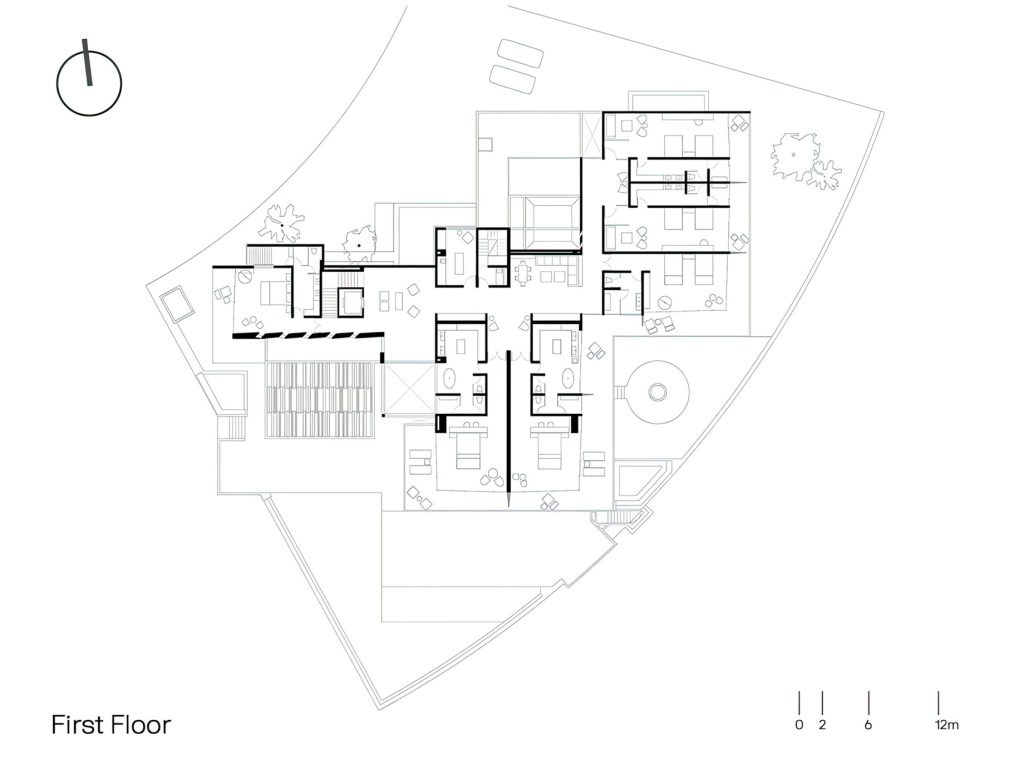
Managing a property efficiently requires more than just keeping things looking nice. The true test of a great property manager lies in their ability to handle maintenance with speed and precision. The quicker and more efficiently maintenance issues are resolved, the more satisfied tenants will be.
Imagine living in a place where maintenance requests are handled seamlessly, with little disruption to your daily life. It’s not just about fixing things when they break; it’s about ensuring that problems are anticipated, prevented, and solved quickly when they arise. This efficiency not only enhances tenant happiness but also increases the property’s value.
A property manager who prioritizes maintenance shows they care about the tenants and the property itself. This attention to detail leads to a more harmonious living environment and can significantly reduce unexpected costs. When maintenance is run efficiently, everyone benefits, from the property owners to the people calling it home.
Defining Maintenance Efficiency in Property Management
Maintenance efficiency is a reflection of how effectively property managers prioritize and manage repairs, proactive care, and communication. This includes understanding the balance between timely responses to issues and the long-term well-being of the building, considering the impact on residents, and debunking common myths about what efficient maintenance really involves.
Key Elements of Maintenance Efficiency
Maintenance efficiency hinges on three main components: responsive repairs, preventive strategies, and clear communication. When repairs are needed, responding swiftly is crucial as delays can lead to more costly problems. A proactive approach, including regular inspections and scheduled upkeep, helps to identify potential issues before they escalate.
Communication also plays a pivotal role. Keeping residents informed about maintenance schedules and timelines not only manages expectations but fosters trust. Property managers who excel in these areas set themselves apart by creating a reliable and transparent environment.
How Maintenance Efficiency Impacts Residents
Efficient maintenance directly enhances residents’ satisfaction. When issues are addressed promptly, it reduces inconvenience and ensures their living environment is comfortable and safe. Residents appreciate knowing their concerns are prioritized, which boosts overall trust in management.
You’ll also find that efficient maintenance often translates to fewer interruptions in daily life, as less reactive maintenance means fewer unexpected repairs. This stability appeals to residents, as they can count on consistent service and minimal disruption, making them more likely to renew leases.
Common Myths About Efficient Maintenance
One myth is that faster fixes are always better. While speed is important, quality should never be sacrificed. A quick fix that doesn’t address underlying issues may lead to recurring problems. It’s crucial for property managers to balance speed with thoroughness by investing in proper solutions.
Another misconception is that maintenance efficiency is only about cost-cutting. Efficient management doesn’t always mean spending less—it means spending wisely.
This includes investing in preventive measures and quality repairs to avoid bigger problems down the line. A full management service takes this comprehensive approach, focusing not just on cutting costs but on optimizing operations and protecting long-term value.
Why Maintenance Efficiency Reflects Great Property Management
Efficient maintenance is one of the clearest signs of a great property manager. When repairs are handled quickly and thoughtfully, it builds trust, keeps costs down, boosts the property’s value, and minimizes disruptions for tenants.
Building Trust Through Timely Repairs
When maintenance issues are fixed promptly, tenants notice—and they appreciate it. Quick, reliable service shows you care about their comfort and builds trust in your ability to manage the property.
Tenants are far more likely to renew leases and recommend your place when they know their concerns will be taken seriously. On the flip side, slow responses can damage your reputation and lead to unnecessary turnover.
Cost Savings and Value for Owners
Staying ahead of repairs saves money in the long run. Fixing small issues before they grow into bigger problems helps avoid costly overhauls and keeps systems running longer.
Investing in efficient maintenance protects your bottom line and increases the property’s value over time—making it a smart move for any owner.
Enhancing Property Reputation
Word gets around and tenants talk. A property that handles maintenance quickly and professionally earns a strong reputation. That kind of reliability attracts quality tenants, reduces vacancies, and allows you to stay competitive in the market. A well-maintained building is one people want to live in—and one the owners are proud to have.
Minimizing Disruption and Downtime
No one wants their day interrupted by unexpected issues. Efficient maintenance means fewer disruptions for tenants and a property that runs smoothly. Whether it’s a leaking faucet or a bigger repair, fast action helps tenants stay focused on their lives—not the problems around them. It’s a simple way to create a calm, comfortable place people are happy to call home.
Strategies Great Property Managers Use to Improve Maintenance Efficiency
Great property managers excel in efficiency. They ensure properties run smoothly by proactively planning for maintenance, utilizing technology to address issues swiftly, and maintaining open communication with residents.
Implementing Preventive Maintenance Plans
Preventive maintenance is a game-changer for property managers. Regular inspections and servicing of critical systems—like HVAC, plumbing, and electrical—prevent unexpected breakdowns. You can keep costs down by scheduling regular checks, which helps avoid emergencies.
Using maintenance schedules ensures tasks aren’t overlooked. Keep a calendar or use management software to track when things were last serviced and when they’re due again.
Incorporate resident feedback to identify recurring issues. This helps in pinpointing areas that might need more attention, ensuring peace of mind for everyone involved.
Leveraging Technology for Rapid Response
Adopting technology can dramatically increase response efficiency. Use apps and software to allow tenants to report issues quickly. When a tenant can snap a photo and send an immediate report, repairs can be organized faster. This reduces downtime and makes tenants feel heard.
Embrace digital tools and platforms. They enable real-time tracking of tasks and communication between managers, maintenance staff, and tenants. Systems that offer automated alerts ensure nothing falls through the cracks.
Stay updated with modern solutions. Whether it’s through automated scheduling software or smart building technologies, integrating advanced systems can streamline processes significantly.
Communicating Proactively with Residents
Transparent, timely communication builds trust with residents. Send out regular updates on upcoming maintenance work and potential service disruptions. This keeps everyone informed and minimizes inconvenience.
Encourage residents to voice their concerns. Create open communication channels, like an online portal or app, where tenants can easily submit requests or feedback. This shows you value their input and are committed to maintaining their comfort.
Host regular meetings or provide newsletters. This helps foster a sense of community and keeps everyone aligned on property matters, maintaining open lines of communication that enhance the overall living experience.
Measuring Maintenance Efficiency: Signs to Look For
Efficient maintenance is crucial for the wellbeing of any property. It involves quick responses, fewer recurring issues, and resident satisfaction. Here’s a look at what to consider to gauge maintenance efficiency.
Response Times and Completion Rates
Quick responses are a hallmark of great property management. A fast reply to maintenance requests shows the team is attentive and ready to act, preventing small issues from turning into major problems. High completion rates also signal that repairs are being done thoroughly and efficiently.
Technology plays a big role here. Tracking software helps monitor these metrics, adds transparency, and ensures that top-priority tasks are handled without delay—keeping everything running smoothly.
Reduced Recurring Issues
Recurring maintenance problems often point to deeper inefficiencies. Tackling the root cause, not just the symptoms, reduces the chances of repeat issues and reflects a thoughtful, quality-first approach.
Good documentation and regular analysis help spot patterns. This allows managers to fix things for good, saving time and money while boosting resident satisfaction with reliable, lasting solutions.
Positive Feedback from Residents
Resident feedback gives a real glimpse into how well maintenance is working. Positive comments usually mean the team is prompt, courteous, and effective. Open communication channels encourage residents to report issues with confidence.
Surveys and check-ins offer valuable insight. Listening to tenants helps refine maintenance efforts and shows you value their input, creating trust and a stronger community overall.
Conclusion
Maintenance efficiency isn’t a nice-to-have—it’s a true marker of great property management. Fast fixes, clear communication, and preventive care benefit everyone. Tenants feel secure, owners see better returns, and the property builds a solid reputation.
At the heart of it, efficient maintenance shows you care—about your residents and the property’s future. In a competitive market, that kind of dependability makes all the difference.








































































































































































































































































